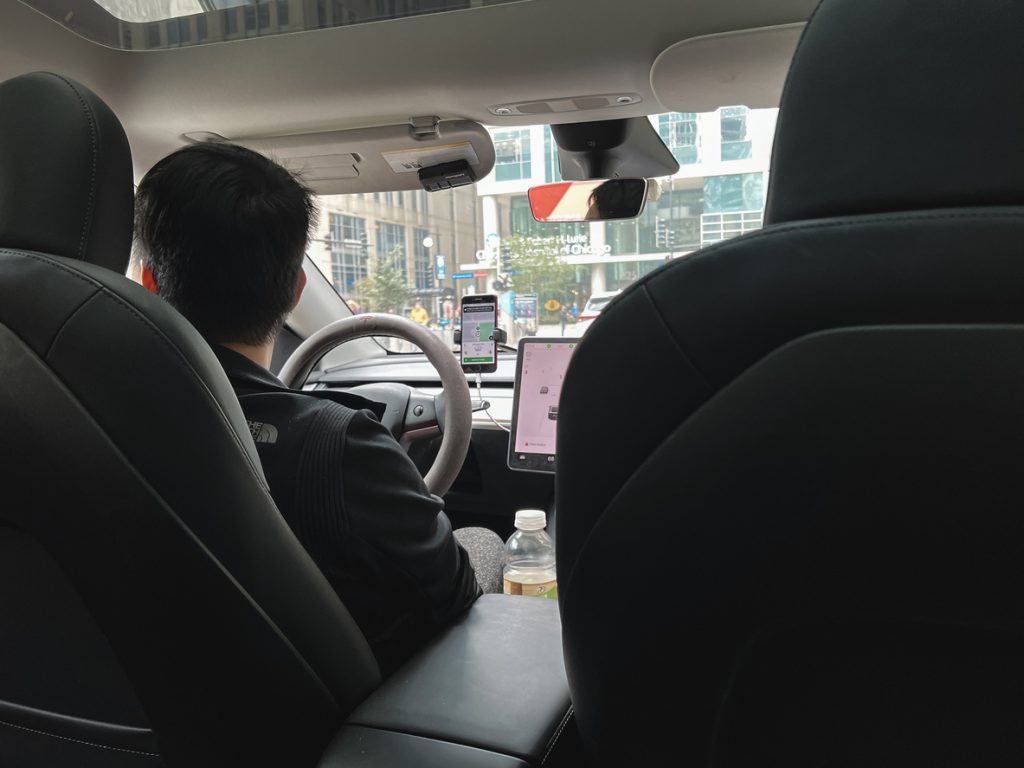Understand Your Rights. Solve Your Legal Problems


When California voters approved Proposition 22, it significantly impacted the status of rideshare drivers, redefining them as independent contractors rather than employees. This distinction has substantial implications for accident liability in the rideshare industry, particularly for companies like Uber and Lyft. Determining who is liable in the event of a rideshare accident has become an intricate issue, influencing how claims are handled and how compensation is pursued.
Proposition 22 introduced changes that affect both companies and drivers regarding insurance and liability claims. The reclassification of drivers has led to a reduction in the coverage provided by rideshare companies, which may alter the legal responsibilities in accident scenarios. Understanding these nuances is crucial for those involved in rideshare accidents, whether as drivers or passengers.
The legal landscape for rideshare accident liability varies across different jurisdictions, with ongoing debates over driver classification influencing the outcomes of injury claims. In locations like Rosemead, California, rideshare accident lawyers are essential in handling these challenges, offering guidance and pursuing fair compensation for those affected. As the legal environment continues to evolve, staying informed is vital for anyone associated with rideshare services.
California's Proposition 22 brought significant changes, particularly impacting app-based drivers and their classification. It provides unique occupational accident insurance and affects the legal framework regarding employee status. These points highlight the essence of Proposition 22.
Proposition 22 was a legislation passed in California in November 2020. This initiative allowed transportation and delivery companies like Uber and Lyft to define their workers as independent contractors rather than employees.
The origin of this law stemmed from the contention around Assembly Bill 5, which required gig companies to classify their workers as employees unless they passed the ABC test. Proposition 22 counteracts this by creating an exception for app-based drivers, thus altering the traditional employment law framework. It passed amidst considerable debate, partially due to its implications for the broader gig economy and the California Supreme Court's stance on worker classification. Proposition 22 also introduced benefits such as occupational accident insurance tailored for these independent contractors.
A critical aspect of Proposition 22 is how it modifies the line between employees and independent contractors in California. Employees typically enjoy full labor protections under the California Labor Code, including minimum wage, health benefits, and unemployment insurance. Independent contractors, however, have more flexible roles but lack these benefits.
Under Proposition 22, app-based drivers are designated as independent contractors, excusing companies from offering the full suite of employee protections. Instead, drivers receive certain benefits like a health care subsidy and access to occupational accident insurance. This legislative framework was designed to maintain the drivers' flexibility while addressing some aspects of their financial and physical safety. This categorization significantly influences liability in rideshare accidents, as these contractors do not carry the same legal obligations as traditional employees.
California's Proposition 22 has significant implications for the treatment of rideshare accident liability and the rights of app-based drivers. From changes in insurance coverage to shifts in wage structures, these developments affect numerous stakeholders in the gig economy.
The passage of Proposition 22 has altered the landscape of accident liability in the rideshare sector. Previously, drivers were considered employees under certain circumstances, which entitled them to specific benefits and protections. Now, rideshare and delivery drivers are classified as independent contractors, which changes their entitlements in case of accidents.
Proposition 22 impacts the ability of injured parties to file lawsuits against rideshare companies. The law includes provisions that distinctly outline responsibilities in the event of an accident. The minimum requirements for occupational accident insurance coverage have become a crucial factor. This change in classification has led various legal professionals to debate the extent of liability that network companies, such as Uber and Lyft, hold regarding accident claims.
App-based drivers have been directly affected by the implementation of Proposition 22, with considerable changes to their wages and rights. Prior to the law, these drivers were often classified as employees, which entitled them to a minimum wage and other benefits under the California Labor Code.
The new classification as independent contractors has influenced wage structures and the type of benefits drivers receive. Although the law mandates some benefits, such as a health care subsidy and accident insurance, there are criticisms that the pay remains below a living wage level. Prop 22 depresses wages and exacerbates inequalities, according to studies. The flexibility that Proposition 22 provides is balanced against challenges such as job security and fair compensation.
Network companies and others play a central role in shaping working conditions for app-based drivers. Under Proposition 22, these companies can classify their drivers as independent contractors, thus impacting the benefits and protections these workers could otherwise receive.
Proposition 22's passage encouraged such companies to reduce the coverage provided to their drivers, as seen when certain firms argued that drivers should not be considered employees. Moreover, the role of unions and advocacy groups has been highlighted as they push for improved conditions for gig workers under Article XIV, Section 4 of the state constitution. The dialogue between network companies and worker representatives remains crucial in defining the future landscape for app-based drivers.






